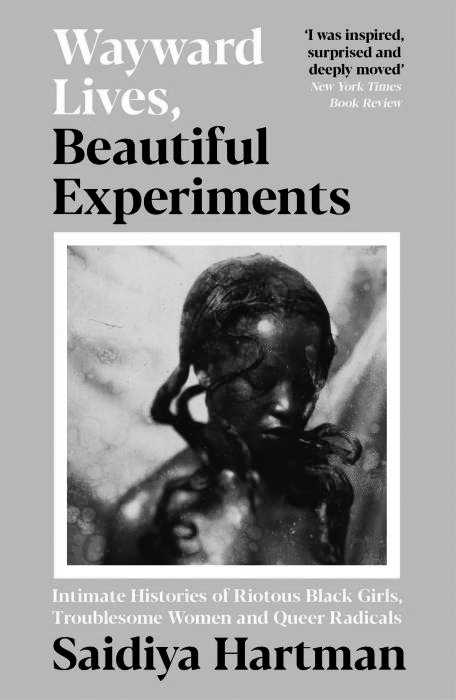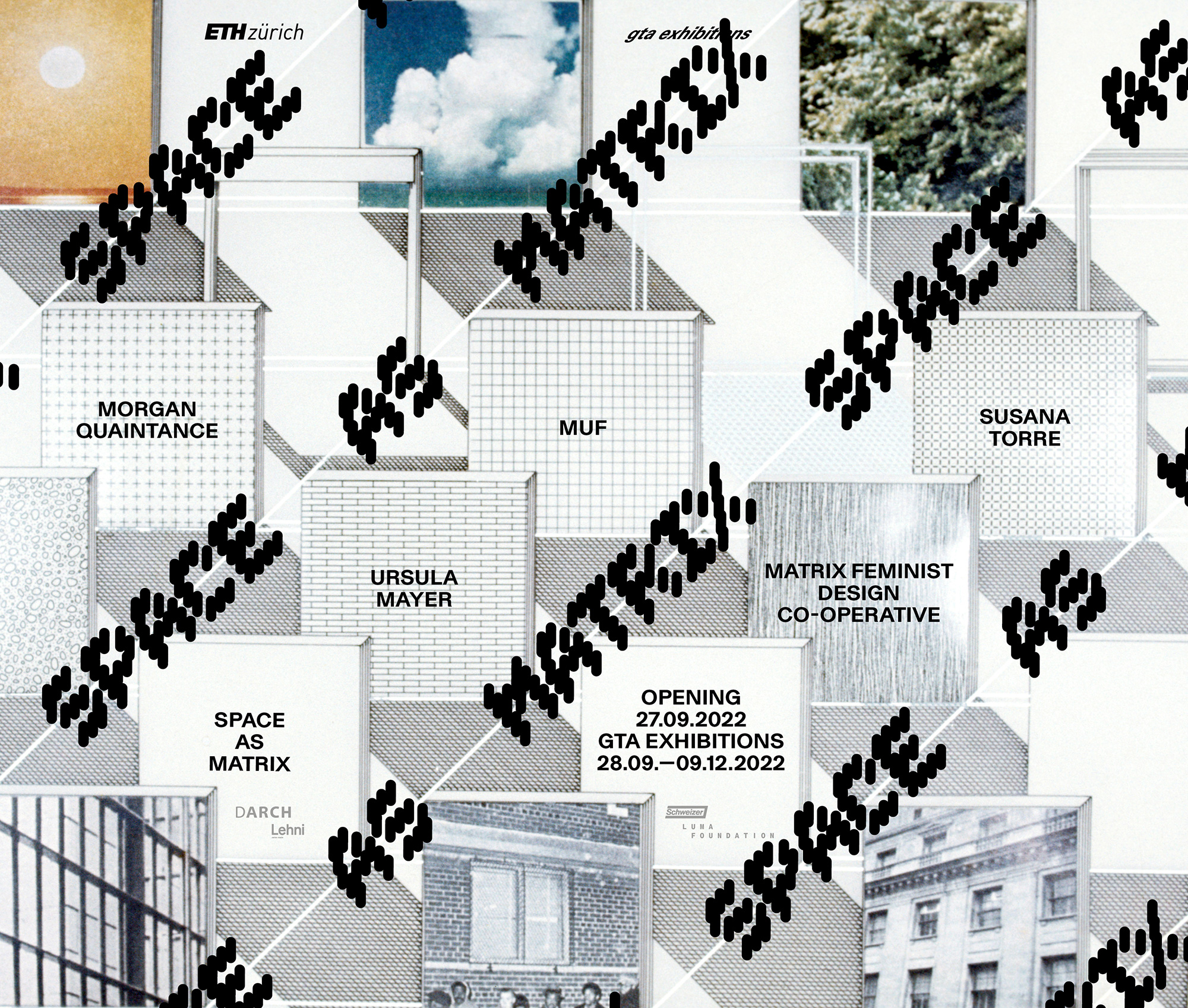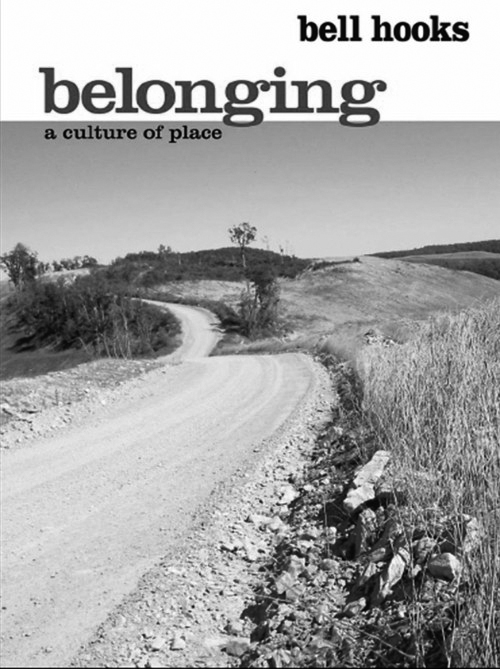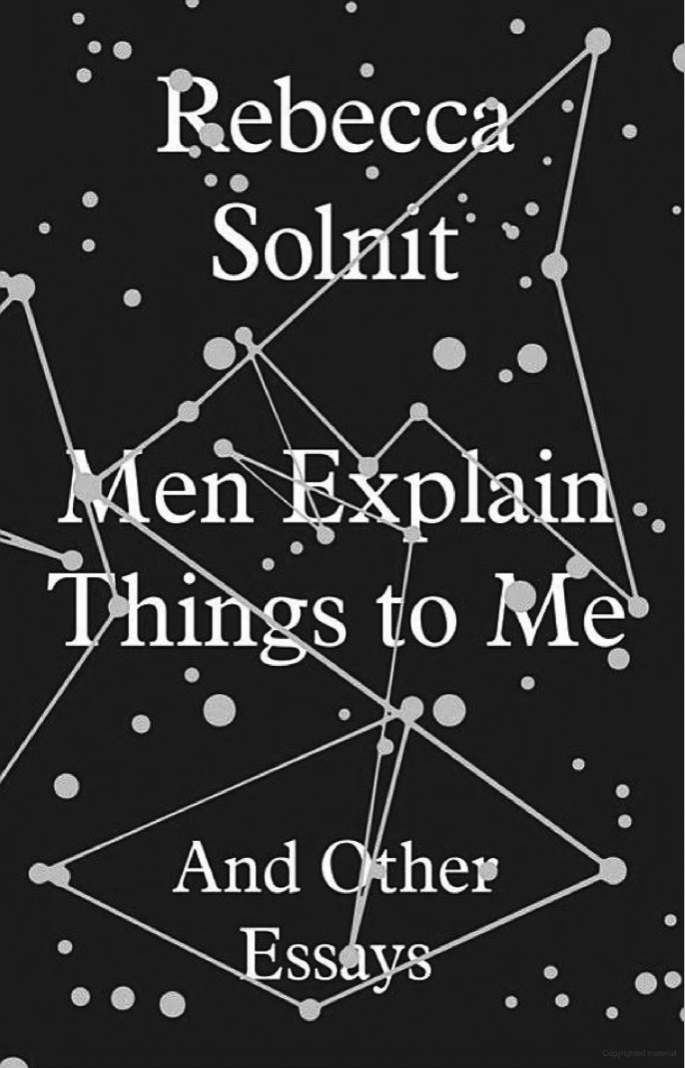 Source: Hartman, Saidiya V. Wayward Lives, Beautiful Experiments: Intimate Histories of Riotous Black Girls, Troublesome Women and Queer Radicals. Paperback edition. London: Serpent’s tail, 2021.
Source: Hartman, Saidiya V. Wayward Lives, Beautiful Experiments: Intimate Histories of Riotous Black Girls, Troublesome Women and Queer Radicals. Paperback edition. London: Serpent’s tail, 2021.WoWA Reading 6
During the sixth session of our reading group we discussed Saidiya Hartman’s book Wayward lives, beautiful experiments. Some relevant quotes highlighted by the members of the reading group:
"I employ a mode of close narration, a stylewhich places the voice of narrator and character in inseparable relation, so that the vision, language, and rhythms of the wayward shape and arrange the text." (Hartman, 2021)
"Every historian of the multitude, the dispossessed, the subaltern, and the enslaved is forced to grapple with thepower and authority of the archive and the limits it sets on what can be known, whose perspective matters, and who isendowed with the gravity and authority of historical actor." (Hartman, 2021)
"They have been credited with nothing: they remain surplus women of no significance, girls deemed unfit for history and destined to be minor figures." (Hartman, 2021)
"Progressive reformers and settlement workers were the architects and planners of racial segregation in northern cities." (Hartman, 2021, p.38)
“In this spirit, I have pressed at the limits of the case file and the document, speculated about what might have been, imagined the things whispered in dark bedrooms, and amplified moments of withholding, escape and possibility, moments when the vision and dreams of the wayward seemed possible”' (Hartman, 2021, p. 8)
'“The reformers and sociologists come in search of the truly disadvantaged failing to see her and her friends as thinkers or planners, or to notice the beautiful experiments crafted by poor black girls.”' (Hartman, 2021, p. 18)
Author: Saidiya Hartman
“Professor Hartman's major fields of interest are African American and American literature and cultural history, slavery, law and literature, and performance studies. She is on the editorial board of Callaloo. She has been a Fulbright, Rockefeller, Whitney Oates, and University of California President's Fellow. She is the author of Scenes of Subjection: Terror, Slavery, and Self-making in Nineteenth Century America (Oxford University Press,1997) and Lose Your Mother: A Journey Along the Atlantic Slave Route (Farrar,Straus and Giroux, 2007). She has published essays on photography, film and feminism. She is beginning a new project on photography and ethics.”
B. A., Wesleyan University (1984); Ph.D., Yale University (1992).
More information here https://english.columbia.edu/content/saidiya-v-hartman

Source: gta exhibitions poster based on Torre, Susana. Walls of the House of Meanings, 1973 (Ink, Gouache, Collage on Mylar). 1973.
WoWa Reading 7
Inspired by Geraldine Tedder’s exhibition Space as Matrix at gta ETH Zurich, during the seventh session of our reading group we discussed Susana Torre’s article Space as Matrix and the introduction to Sara Ahmed’s book Living a Feminist Life. Some relevant quotes highlighted by the members of the reading group:
"A sweaty concept might come out of a bodily experience that is trying. The task is to stay with the difficulty, to keep exploring and exposing this difficulty." (Ahmed, 2017)
"Concepts are at work in how we work, whatever it is that we do. We need to work out, sometimes, what these concepts are (what we are thinking when we are doing, or what doing is thinking) because concepts can be murky as background assumptions. But that working out is precisely not bringing concept in from the outside (or from above): concepts are in the worlds we are in." (Ahmed, 2017)
"Like the city, the home is one of culture's most powerful symbolic forms. It embodies specific, usually dominant, ideologies about how people should live, what kinds of values and hierarchies should be fostered within the family, and how its occupants should relate to the public world." (Torre, 1981, p51)
'“...how we learn about worlds when they do not accommodate us. Think of the kinds of experiences you have when you are not expected to be here. These experiences are a resource to generate knowledge.”' (Ahmed, 2017, p. 8)
“The ultimate form of each house cannot be known, for it always exists in a "present" state of completion, capable of being altered-in a state of equipoise between permanence and change, art and life.”' (Torre, 1981, p. 4)
"To bring feminist theory home is to make feminism work in the places we live, the places we work". (Ahmed, 2017, p 10)
"The House of Meanings is not a specific house. Rather, it uses the principle of space as matrix. A matrix space is a critique of the traditional division of space into enclosed rooms which...establish a rigid hierarchy of importance among certain members of the household." (Torre, 1981, p.51)
"The formal logic of vernacular architecture encompasses adaptability and change, whereas the formal logic of Architecture as art inevitably implies a closed, self-referential condition." (Torre, 1981, p52)
'Perhaps citations are feminist straw: lighter materials that, when put together, still create a shelter but a shelter that leaves you more vulnerable. That is how it felt writing this work as well as speaking from it: being in the wind; being blown about, more or less, depending on what I encountered. The words I sent out danced around me; I began to pick up on things I had not noticed before.' (Ahmed, 2016, p. 16)
"For an image to become a symbolic form, a number of related social, economic, and cultural factors must coalesce and the image must account, in some basic, clear, and univocal way, for all of them [...] The power of a symbolic form resides in its articulation and formalization of a cultural model that will allow these conditions (qua ideology) to endure beyond their time and to shape the consciousness of future generations." (Torre, 1981)
Authors: Susana Torre & Sara Ahmed
According to Torre’s website:
“Susana Torre (born 1944) is an Argentine-born American architect, critic and educator, based in New York City (1968–2008) and in Carboneras, Almeria, Spain (since 2009). Torre has developed a career that combined “theoretical concerns with the actual practice of building”[1] and architectural and urban design with teaching and writing. Torre was the first woman invited to design a building in Columbus, IN, “a town internationally known for its collection of buildings designed by prominent architects.”[2]
In 1977 Torre organized and curated the first major exhibition of American women architects, and edited the book Women in American Architecture: A Historic and Contemporary Perspective. The exhibition opened at the Brooklyn Museum in 1977 and traveled across the United States and to the Netherlands. The exhibition and book of the same title, which she edited and to which she contributed three essays, pioneered work in this field. Torre was also a co-founder of Heresies, A Feminist Journal on Art and Politics; was a member of the editorial collectives of Heresies 2: Patterns of Communication and Space; and Heresies 11: Making Room: Women in Architecture; and served on the editorial board of Chrysalisbetween 1976 and 1978.”
See more in https://www.susanatorre.net/biography/
According to Sara Ahmed’s website:
“My name is Sara Ahmed and I am a feminist writer and independent scholar. I work at the intersection of feminist, queer and race studies. My research is concerned with how bodies and worlds take shape; and how power is secured and challenged in everyday life worlds as well as institutional cultures. Until the end of 2016, I was a Professor of Race and Cultural Studies at Goldsmiths, University of London having been previously based in Women’s Studies at Lancaster University. I resigned from my post at Goldsmiths in protest at the failure to deal with the problem of sexual harassment.
My primary focus now is on writing and research. I live on the outskirts of a small village in Cambridgeshire with my partner Sarah Franklin and our beautiful dogs, Poppy and Bluebell.”
See more in https://www.saranahmed.com/bio-cv


Source: hooks, bell. Belonging: A Culture of Place. Routledge, 2009. and Solnit, Rebecca. Men Explain Things to Me: And Other Essays. Granta Books, 2014.
WoWa Reading 8
During the last session of our 2022 reading group we discussed bell hook’s introduction to her book Belonging and Rebecca Solnit’s essay ‘Men Explain Things to Me’. Some relevant quotes highlighted by the members of the reading group:
“We are born and have our being in a place of memory. We chart our lives by everything we remember from the mundane moment to the majestic. We know ourselves through the art and act of remembering. Memories offer us a world where there is no death, where we are sustained by rituals of regard and recollection. In Belonging:A Culture of Place I pay tribute to the past as a resource that can serve as a foundation for us to revision and renew our commitnment to the present, to making a world where all people can live fully and well, where everyone can belong”. (hooks 2009, p.5)
"(...) I've learned that a certain amount of self-doubt is a good tool for correcting, understanding, listening, and progressing -though too much is paralysing and total self-confidence produces arrogant idiots. There is a happy medium between these poles to which genders have been pushed..." (Solnit 2008)
“One mark of oppression was that black folks were compelled to assume the mantle of invisibility, to erase all traces of their subjectivity during slavery and the long years of racial apartheid, so that they could be better, less threatening servants. An effective strategy of white supremacist terror and dehumanization during slavery centered around white control of the black gaze”. (hooks 2009, p.93)
“Young women, she said, needed to know that being belittled wasn't the result of their own secret failings; it was the boring old gender wars, and it happened to most of us who were female at some point or other”. (Solnit, p. 11)
Having the right to show up and speak are basic to survival, to dignity and to liberty. I'm grateful that, after an early life of being silenced, sometimes violently, I grew up to have a voice, circumstances that will always bind me to the rights of the voiceless. (Solnit 2014, p.15)
"I need to live where I can walk [...] Walking, I will establish my presence, as one who is claiming the earth, creating a sense of belonging, a culture of place." (hooks 2009, p.2)
Authors: bell hooks (1952-2021) and Rebecca Solnit
According to the poetry foundation:
“Activist and writer bell hooks was born in Hopkinsville, Kentucky as Gloria Jean Watkins. As a child, hooks performed poetry readings of work by Gwendolyn Brooks, Langston Hughes, and Elizabeth Barrett Browning. She earned a BA from Stanford University, an MA from the University of Wisconsin-Madison, and a PhD from the University of California-Santa Cruz. hooks was the author of over 30 books, including Ain’t I a Woman: Black Women and Feminism (1981), named by Publisher’s Weekly as one of the 20 most influential books published in 20 years; Feminist Theory: From Margin to Center (1984); Yearning: Race, Gender, and Cultural Politics (1991), winner of the American Book Award/Before Columbus Foundation Award; Teaching to Transgress (1994); the children’s book Homemade Love (2002), named the Bank Street College Children’s Book of the Year; and the poetry collections And There We Wept (1978) and When Angels Speak of Love (2005), and Appalachian Elegy: Poetry and Place (2012), winner of the Black Caucus of the American Library Association’s Best Poetry Award.”
For more information see https://www.poetryfoundation.org/poets/bell-hooks and https://www.theguardian.com/books/2021/dec/15/bell-hooks-author-and-activist-dies-aged-69
According to her website
“Writer, historian, and activist Rebecca Solnit is the author of more than twenty books on feminism, western and urban history, popular power, social change and insurrection, wandering and walking, hope and catastrophe. Her books include Orwell’s Roses; Recollections of My Nonexistence; Hope in the Dark; Men Explain Things to Me; A Paradise Built in Hell: The Extraordinary Communities that Arise in Disaster; and A Field Guide to Getting Lost. A product of the California public education system from kindergarten to graduate school, she writes regularly for the Guardian, serves on the board of the climate group Oil Change International, and recently launched the climate project Not Too Late (nottoolateclimate.com).”
See more in her website here http://rebeccasolnit.net/biography/
